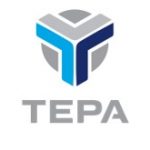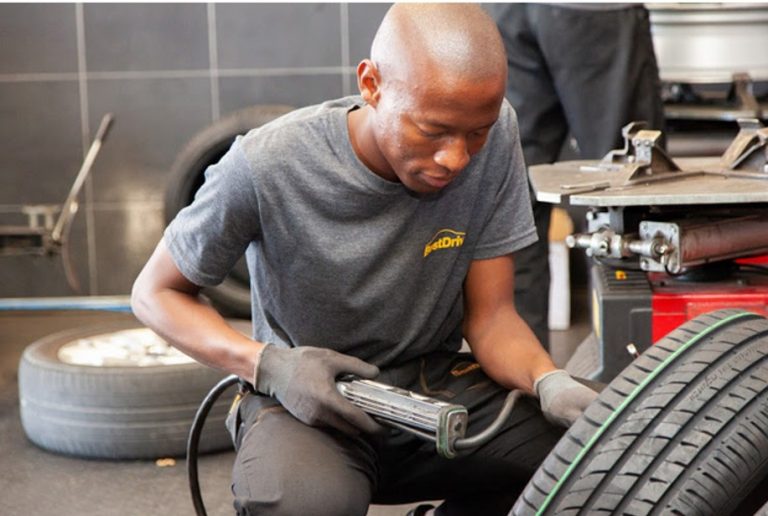In July Santam, South Africa’s largest short-term insurer, issued a warning that clients could, over the next couple of weeks and possibly months, experience delays in the repair of damaged motor vehicles due to a global shortage in parts caused, among others, by COVID-19 and other supply-chain challenges.
The South African Motor Body Repairers’ Association (SAMBRA), an association of the Retail Motor Industry Organisation (RMI), issued a similar cautionary to motorists in April this year that collision damage repairs may be delayed due to the current acute shortage of motor body repair components.
Uvashen Bramiah, national director of SAMBRA, says SAMBRA will continue to liaise closely with insurers and OEMs across all vehicle brands on the status of certain critical parts, and wherever possible, would repair rather than replace the part in question. Fortunately, developments in repair technology have advanced substantially over the recent years, significantly improving the ability of accredited SAMBRA members to repair metal and plastic panels on a motor vehicle.
Although the disruptions are being felt across the chain, Vishal Premlall, national director of the Tyre, Equipment and Parts Association (TEPA), notes the quantum of the shortage varies according to the sector of the market.
Megan Naiker, Sales, Marketing and Product Executive for Motus Aftermarket Parts agrees saying while the MBR sector is the most impacted relying primarily on body panel and lighting parts from China and Taiwan which have experienced the largest delays, in comparison, the shortages are not as pronounced in the servicing sector. The aftermarket has successfully managed to source alternative suppliers for these parts which encompass shocks and brakes and internal combustion parts for example.
“We have secured a number of excellent local suppliers as well as quality suppliers in Europe which are helping to ease the current disruption,” says Naiker.
Michael Da Paixao, Autozone Merchandise and Marketing Executive say in order to negate some of the impact they are placing forward orders aligned to the longer lead times. He also emphasises that shortages are not across all parts but more so from selected countries, towns/factories and componentry. “We see these shortages still continuing when it comes to some componentry like specialised raw materials and chips,” says Da Paixao.
Filum Ho, CEO of Autoboys, says that fortunately demand in most areas has really picked up and the problem now is less a production problem and more of a logistics issue. “With demand increasing and lead times stretched, the constraints around parts is being amplified.”
Ho agrees the MBR collision sector, which is more reliant on OEM parts, has been impacted most, but believes in general, and particularly in the servicing aftermarket space, access to quality certified alternate parts is increasingly being embraced by consumers and proving a viable alternative.
The jury seems out on when the situation will truly stabilise. Da Paixao believes we have now entered the new norm “The situation will eventually stabilise at a different level to what we are used to in the past, and with the global volatility, it will be about how we adapt.” He anticipates we should see a bit of a recovery near the back end of the first quarter of 2023
In the interim, the Retail Motor Industry encourages motorists to speak to their insurer or broker to find out what alternative arrangements can be made in the event their service or repair is delayed while efforts continue to restore the part supply chain.






